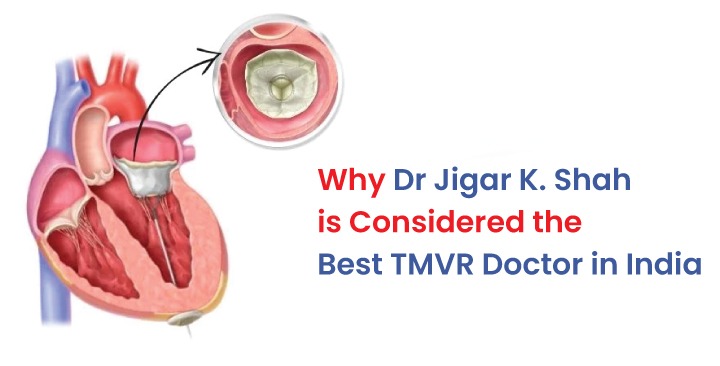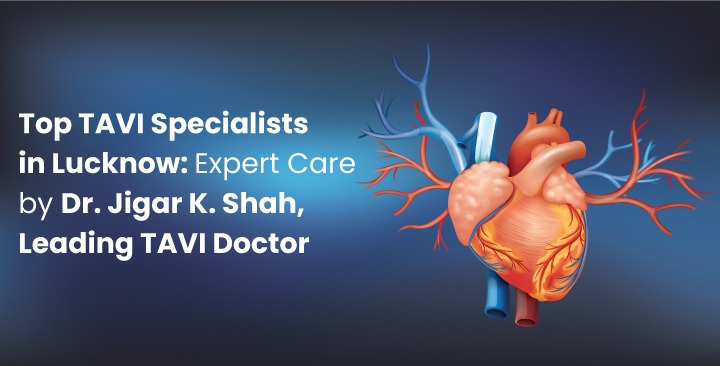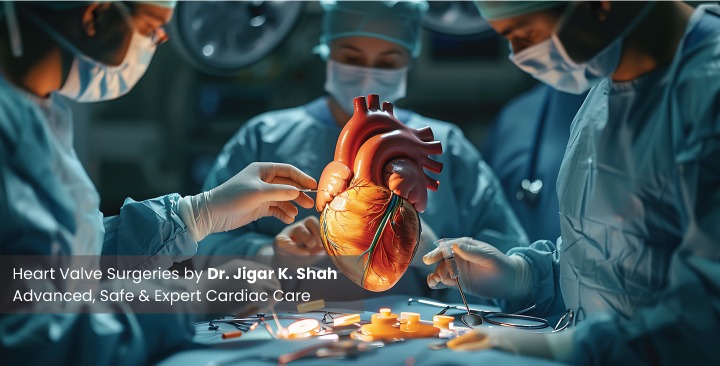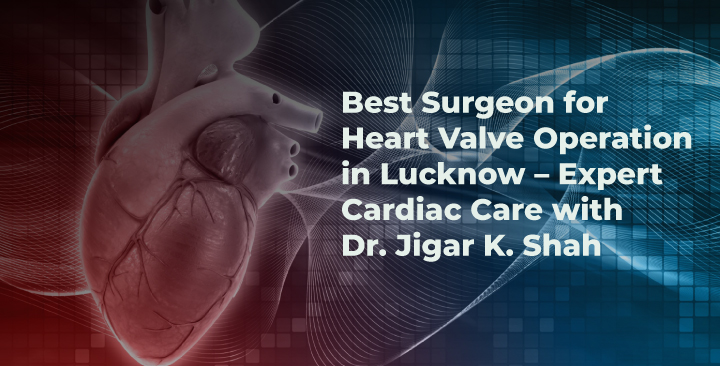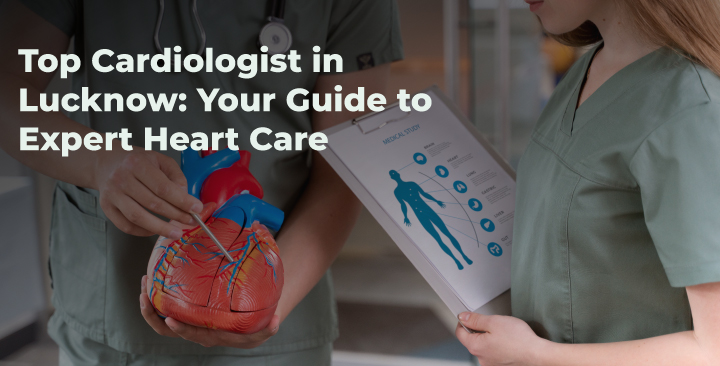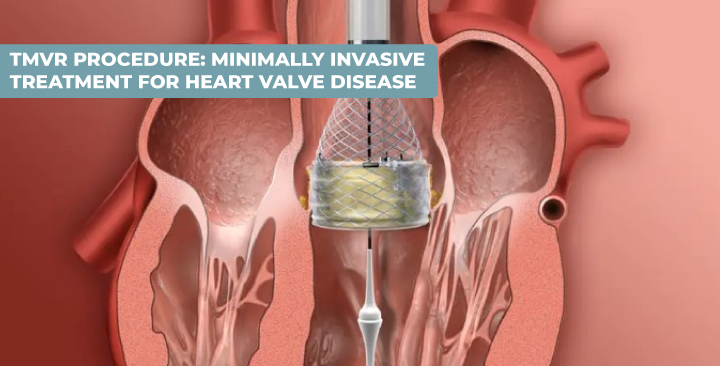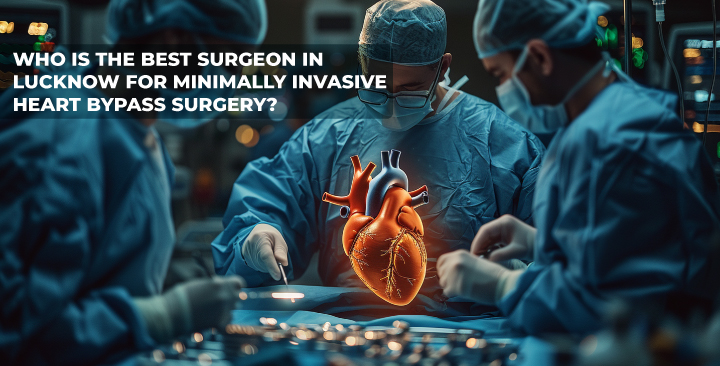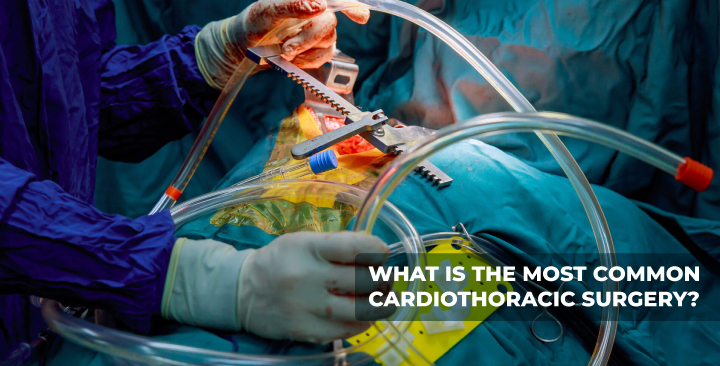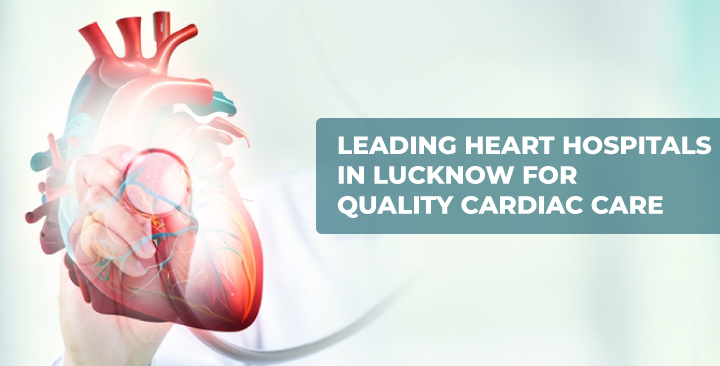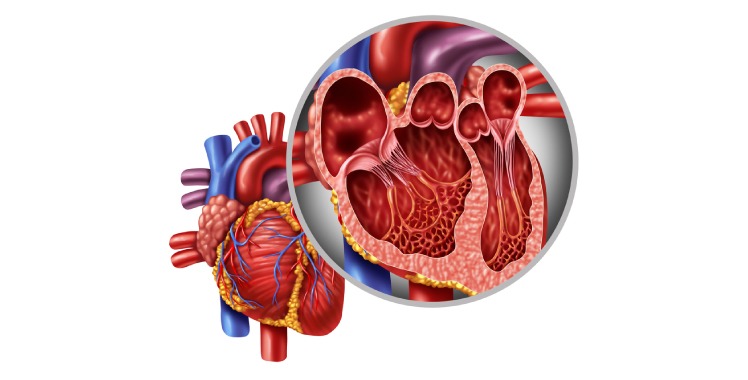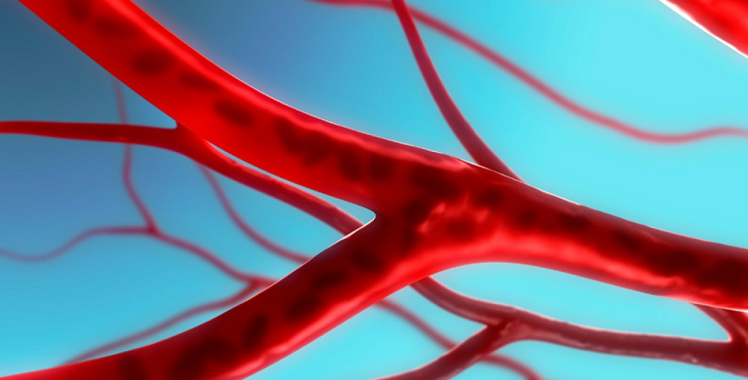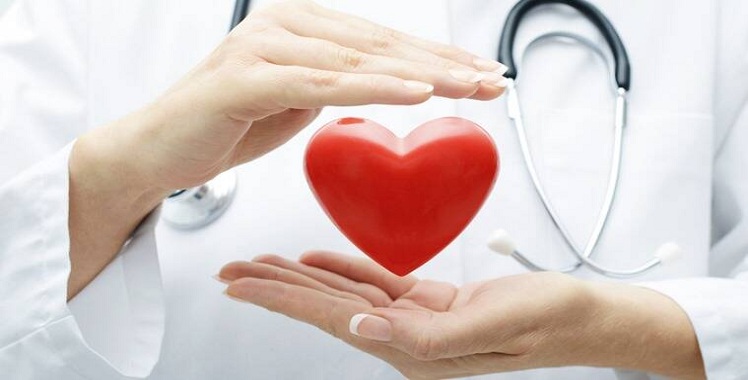
How left ventricular assist device tackle end-stage heart failure?
05-Apr-2023
LVAD: What is it?
The Left Ventricular Assist Device is a mechanical heart pump that is placed after surgery. An artificial heart is not like an LVAD. An LVAD works alongside the heart to assist it in pumping more blood with less effort, as opposed to an artificial heart, which entirely replaces the failing organ. It accomplishes this by continuously pumping blood from the left ventricle to the aorta, where it travels to various parts of the body to carry oxygen. should be able to move around pretty effortlessly because modern LVADs are lighter and smaller than older generations.
Dr. Jigar K Shah Cardiothoracic Surgeon in Lucknow can help recommends LVAD for patients diagnosed with Heart Failure.
Both internal and external components make up the LVAD. With a tube connecting it to the aorta, the actual pump rests on or near the left ventricle of the heart. The driveline connects the pump to a controller and external power sources by extending through the skin from the pump.
For the pump to continue operating as intended, the driveline and electricity must always be connected to the controller. Electricity or batteries power the pump. One can move about easily thanks to the specific carrying cases that each gadget has.
Indications for LVAD
1. You are awaiting a heart transplant. While you wait for a donor heart to become available, a VAD may be used temporarily.
2. If you're diagnosed with Heart failure, a VAD can keep blood flowing through your body.
What is Heart failure?
The inability of the heart to pump enough blood to meet the demands of the body is known as heart failure. The heart occasionally struggles to pump out enough blood. Sometimes, the heart cannot pump blood to the body's other organs sufficiently. Some folks struggle with both issues. Heart failure is not the same as heart-stopping or about to cease beating. Heart failure, however, is a serious ailment that calls for medical attention. The heart's ability to pump blood weakens, eventually leading to heart failure. Both sides of the heart may be affected by the illness or just the right side. Usually, both sides of the heart are involved.
Symptoms of Heart Failure
Heart failure's most typical warning signs and symptoms include:
1. Respiratory issues or shortness of breath
2. Fatigue (tiredness)
3. The abdomen, legs, ankles, feet, and large neck veins all swell
These signs and symptoms are brought on by fluid retention in the body. When symptoms first appear, one could feel exhausted and out of breath after performing regular physical activity, such as climbing stairs. Weight gain, frequent urination, and a cough that is worse at night and when lying down are further side effects of fluid retention from heart failure treatment.
Coughing up blood could indicate acute pulmonary edema. With this illness, the lungs accumulate an excessive amount of fluid. Despite the extensive use of evidence-based treatments, heart failure still has a significant morbidity and mortality rate.
Risk Factors of Heart Failure : Heart failure can be brought on by illnesses that strain or harm the heart muscles. The heart becomes weaker with time. It cannot fill with or pump blood as effectively as it should. As the heart becomes weaker, certain proteins and chemicals may be discharged into the blood. Some drugs aggravate heart failure by hurting the heart and blood flow.
Heart failure can be brought on by:
1. Cardiovascular disease.
2. Diabetes.
3. Elevated blood pressure.
4. Other illnesses or ailments of the heart, like heart valve disease.
Conclusion
The Left Ventricular Assist Device (LVAD) is a mechanical heart pump that is placed after surgery to assist the heart in pumping more blood with less effort. It works by continuously pumping blood from the left ventricle to the aorta, where it travels to various parts of the body to carry oxygen. Modern LVADs are lighter and smaller than older generations and can be used temporarily while waiting for a donor heart to become available. Heart failure is the inability of the heart to pump enough blood to meet the demands of the body. Heart failure is a serious ailment that can affect both sides of the heart. In case you have been diagnosed with Heart Failure get a consultation with Dr Jigar K Shah Cardiothoracic Surgeon in Lucknow.

